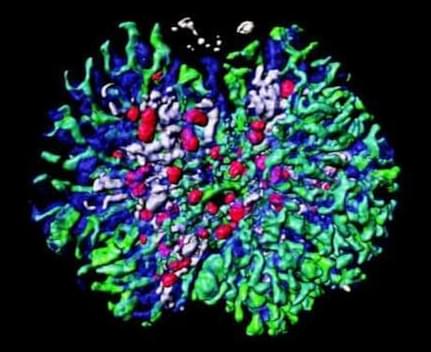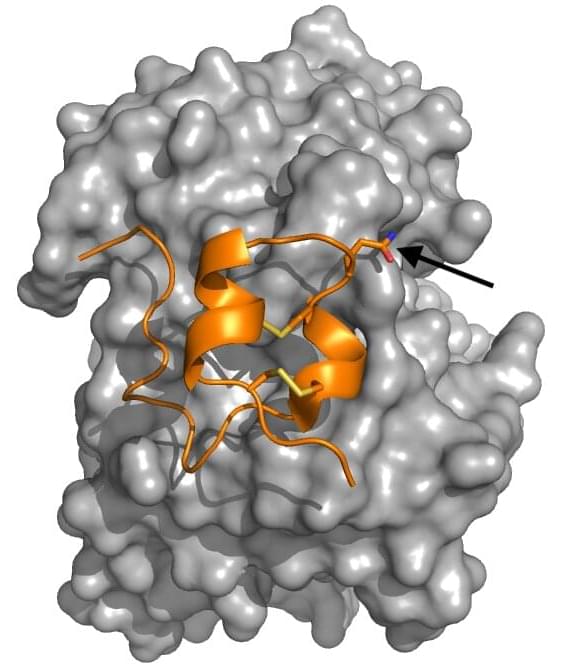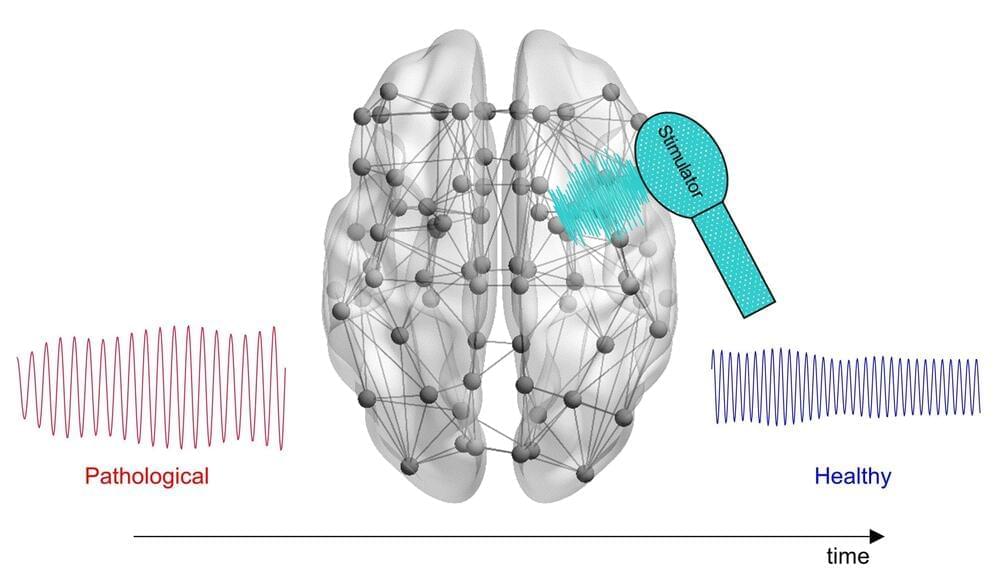The team noted that although other studies have been able to create nephrons and ureteric ducts from stem cells, these didn’t fully function as they would in real kidneys due to the absence of stromal cells, which are crucial for cell signaling. The team took embryonic stem cells from mice and induced these to differentiate into kidney-specific stromal cells, using a cocktail of chemicals meant to mimic those that would occur in vivo.
When they combined the stromal cells with nephron and ureteric bud cells (which they also created from stem cells), the result was a “kidney-like 3D tissue, consisting of extensively branched tubules and several other kidney-specific structures.”
According to the researchers, this is the most complex kidney structure that’s been generated from scratch in a lab. Though this study was done in mice, the team noted that it has already created the first two kidney components—nephron progenitors and ureteric buds—from human induced pluripotent stem cells (iPSCs). If they’re able to also create stromal cells from iPSCs, they said, “a similarly complex human kidney should be achievable.”








